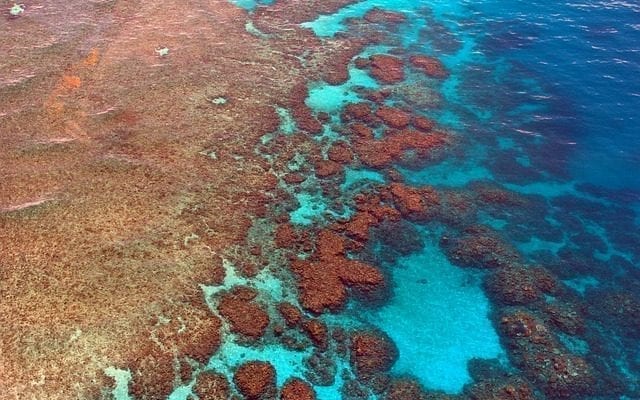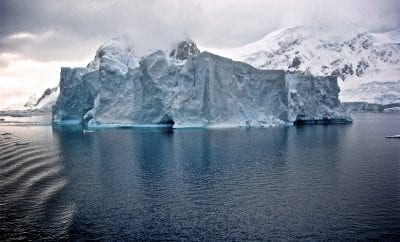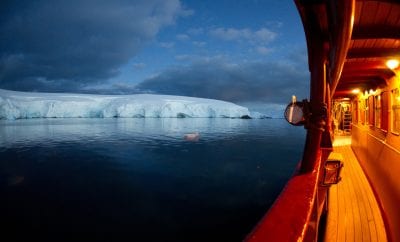
News
2016 Study Finds Over Half of the Great Barrier Reef Has Died
Over the past two years, the Great Barrier Reef has experienced an extreme heatwave, resulting in a large die-off of corals. Due to this, scientists have warned that the damage to the reef will probably be irreversible.
Through close observations of the diverse ecosystem of the reef, scientists mapped the extent of damage caused by rising water temperatures, surveying over 1,400 miles. According to Mark Eakin, of NOAA’s Coral Reef Watch, “This has really been an event that is changing the character of these reefs, and now that these marine heat waves are coming more frequently and more severely, we expect this sort of damage to keep occurring on coral reefs around the world.”
The extensive die-off has caused a catastrophic decimation of the coral reef ecosystem, with over 29 percent of reefs affected. The study, conducted by 16 researchers, was published in the journal Nature, and built off previous research that relied primarily on aerial surveys. Terry Hughes, director of the Australian Research Council Center of Excellence for Coral Reef Studies at James Cook University in Queensland, said “What we just experienced is one hell of a natural selection event.” On average, one in three corals died over the span of only nine months.
Hughes said that “You could say [the ecosystem] has collapsed. You could say it has degraded. I wouldn’t say that’s wrong. A more neutral way of putting it is that it has transformed into a completely new system that looks differently, and behaves differently, and functions differently, than how it was three years ago.”
Due to the fact that the faster-growing corals require 10 or more years to recover, the study paints a grim picture for the future of coral reefs, with researchers warning these reefs have little to no chance of rebounding. However, this does not spell the end for the Great Barrier Reef as a whole. The southern regions of the reef were able to avoid most of the 2017 die-off. These areas will still experience a shift in their ecological states, with the more resilient corals becoming the dominant species of the reef.
Eakin says the surviving species of coral will “tend to be tougher, more rugged coral that are found in a wide array of locations.” With these continuing bleaching events, coral reefs will become much simpler in terms of biodiversity.
“Diverse coral communities are needed to have diverse fish and shrimp and crab and worms and all of the other species that live on reefs,” says Eakin. “So as these events continue into the future, we’re going to see much simpler coral reefs … and if we don’t take care of the problem of human-caused climate change we’re going to lose a lot of the world’s coral reefs.”
Hughes says that this problem will continue to exist unless governments take a harder stance on curbing the release of greenhouse-gas pollutants being pumped into the atmosphere. The Great Barrier Reef will continue to experience die-offs like these, unless we take drastic measures to transition into utilizing other renewable energy sources, and putting an end to using gas, oil, and fossil fuels.





0 comments